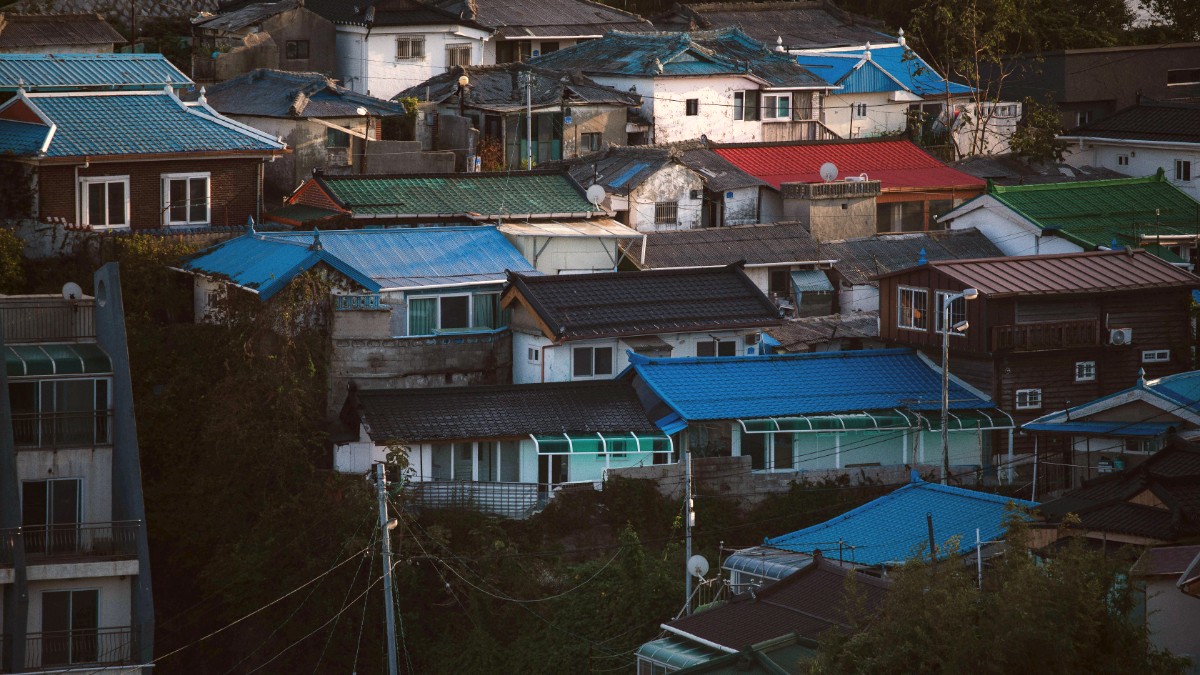
Gang Won Do, South Korea
Gangneung has a temperate climate, influenced by its coastal location and the nearby Taebaek Mountains.
Spring (March - May) brings mild temperatures, ideal for walks and outdoor exploration. Summer (June - August) is hot and humid, peak season for beaches. Autumn (September - November) presents crisp, clear weather, perfect for hiking and sightseeing. Winter (December - February) brings cold, dry conditions, with access to winter sports in nearby Pyeongchang.
High Season (July-August, October): Warmest beach weather and vibrant energy in summer; stunning autumn foliage and comfortable outdoor conditions in October. Crowds are largest, prices for accommodation higher, popular restaurants and attractions see more visitors. Summer brings high humidity, potential for typhoons, and monsoon season. October, while beautiful, is busy.
Shoulder Season (April-May, September): Pleasant weather, fewer crowds than peak season. Good conditions for outdoor activities and sightseeing. April presents cherry blossoms, and September brings comfortable temperatures after summer. Prices for flights and accommodation are often more reasonable. Spring weather can be variable, with occasional rain or cooler days. Late September can still see the tail end of typhoon season.
Late June to late July
Heavy, consistent rainfall. This impacts outdoor plans, making hiking trails muddy and beach visits less appealing.
Pack waterproof gear. Plan indoor activities. Check local weather forecasts daily.
Late summer to early autumn (August-September)
Strong winds, heavy rain, and rough seas. Flights and train services experience delays or cancellations.
Monitor local news and weather advisories closely. Follow local authority instructions.
December to February
Coastal Gangneung can experience strong, cold winds. Low temperatures feel even colder due to wind chill.
Warm, windproof outer layers are highly recommended. Protect extremities.
Beach Activities (swimming, sunbathing, water sports): July to August. Water is warmest, and lifeguards are on duty.
Hiking and Outdoor Exploration: April-May (spring) or September-October (autumn). Weather is pleasant, natural scenery beautiful (cherry blossoms in spring, fall foliage in autumn). Foliage Viewing: Late October to early November. Mountains around Gangneung and nearby national parks offer spectacular autumn colors.
December to February. Ski resorts operate fully, delivering excellent conditions.
Typically late May to mid-June (lunar calendar). A special cultural experience.
Usually held in October. A must for coffee enthusiasts.
Lowest prices, fewest crowds. More relaxed and quiet experience.
Cold weather limits some outdoor activities. Shorter daylight. Some coastal attractions might reduce operations. Prepare for snow/ice.
Rules vary by nationality. Checking the specific regulations that apply to you prior to travel is important.
Citizens of many countries, including the United States, United Kingdom, Canada, Australia, and most European Union member states, enter South Korea without a visa for short tourist stays. The permitted duration varies, typically up to 90 days. For a comprehensive and precise list of visa-free countries, consult the official Hi-Korea website. This site brings the most current and authoritative information.
Regardless of your visa status, prepare several documents for entry.
Managing your finances carefully makes a trip to Gangneung more enjoyable. South Korea generally presents good value compared to many Western countries, but costs vary widely depending on your travel style.
South Korea is a very safe country, and Gangneung reflects this, with low crime rates.
Air Pollution (Fine Dust - Miseongmeonji): Occurs more often in spring. Check air quality forecasts using a local weather app. On high-pollution days, consider wearing a KF94 mask and limit outdoor activity.
Heatstroke/Dehydration (Summer): Summers are hot and humid. Drink plenty of water. Wear light, breathable clothing. Seek shade during peak heat. Use sunscreen and a hat.
This number handles Fire, Ambulance, and Medical Emergencies.
For serious medical situations. Prompt response.
Do not misuse for non-emergencies.
This number connects you to the Police.
For crime reporting or general safety concerns.
Use for legal issues or threats to safety.
This free service offers tourist information and emergency assistance.
English-speaking operators available 24/7 for guidance.
Do not call for immediate life-threatening emergencies.
| Category | Information | Notes |
|---|---|---|
| Hospitals | Modern facilities available. Gangneung Asan Hospital is a major general hospital. | Larger hospitals have English-speaking staff or access translation services. |
| Pharmacies | Widely available (Yakguk). Basic over-the-counter remedies. | Pharmacists often give simple advice. |
| Crime Rate | Extremely low crime rates, violent crime against tourists rare. | Petty crime uncommon but awareness of belongings in crowded areas is wise. Nightlife generally subdued and safe. |